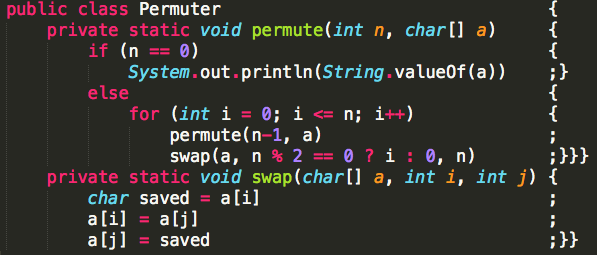

I actually jumped ship a while back. I agree that Plex is a business and they do deserve to get paid for development and infrastructure costs, but it’s the blatant enshitification that I have a big issue with.
They chose to lock a previously-free feature behind a paywall for everybody and asked for even more money to get it back. The less shitty alternative would have been to ask only the users who needed to use the relays to purchase a Plex Pass. Or, if they wanted to make it seem like a positive thing, they could have made the new subscription into an “enhanced quality” remote streaming experience that enabled higher bitrates over relays.
They gave their users the middle finger by picking the most transparently greedy option that they could get away with justifying.






And then lost the reflog by
rm -rfing the project and cloning it again.